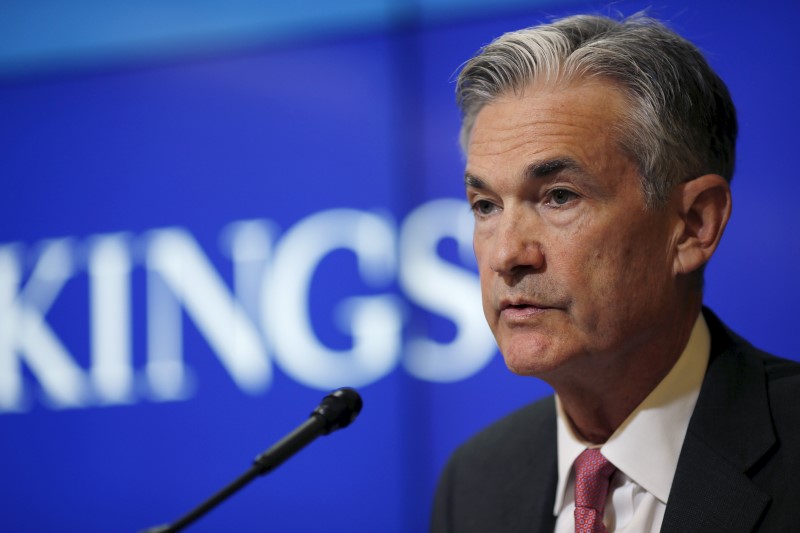By Howard Schneider and Tom Polansek
WASHINGTON (Reuters) - Britain's vote to leave the European Union could pose a new drag on the U.S. economy at a time when momentum in the U.S. job market may already by slowing, Federal Reserve governor Jerome Powell said on Tuesday.
In the first of Fed policymakers to comment since the shock vote in Britain last week, Powell said the Brexit referendum had shifted global risks "to the downside," potentially posing a new threat to the Fed's outlook.
A Brexit-induced rise in the dollar would add to what Powell said has been a steady tightening of U.S. financial conditions since 2014, equivalent to several Fed rate hikes.
Policymakers had set aside a possible rate hike in June awaiting the outcome of the British vote and the possible disruption of global markets. With the unexpected victory of the "Leave" camp, many analysts now expect the Fed to keep rates on hold until late this year, if not longer, as the terms of British exit are negotiated, and the impact on global trade, investment and currency values is analyzed.
"For some time, the principal risks to (the U.S.) outlook have been from abroad," Powell, who has a permanent seat on the Fed's policy committee, said in remarks at the Chicago Council on Global Affairs. "The Brexit vote has the potential to create new headwinds for economies around the world, including our own."
"As the global outlook evolves, it will be important to assess the implications for the U.S. economy, and for the stance of policy."
He said the Fed would act if liquidity or funding pressures rise, but so far "markets have been functioning in an orderly manner."
The British referendum upended global markets this week, and for the Fed sparked an unwelcome renewal of volatility that could impede progress towards its goals. With the British pound plummeting and the dollar strengthening, imports become cheaper, while the rising cost of U.S. exports could slow hiring among exporters. Oil prices had been rising, but their renewed fall puts downward pressure on inflation as well.
Powell said Fed policymakers will now have to parse the effect of all that against what had been his baseline forecast of steady, two percent growth, continued job creation, and an eventual uptick in wages and inflation.
Jobs data, he noted, had already weakened in April and May.
"The possible loss of momentum in job growth is worrisome," he said.
